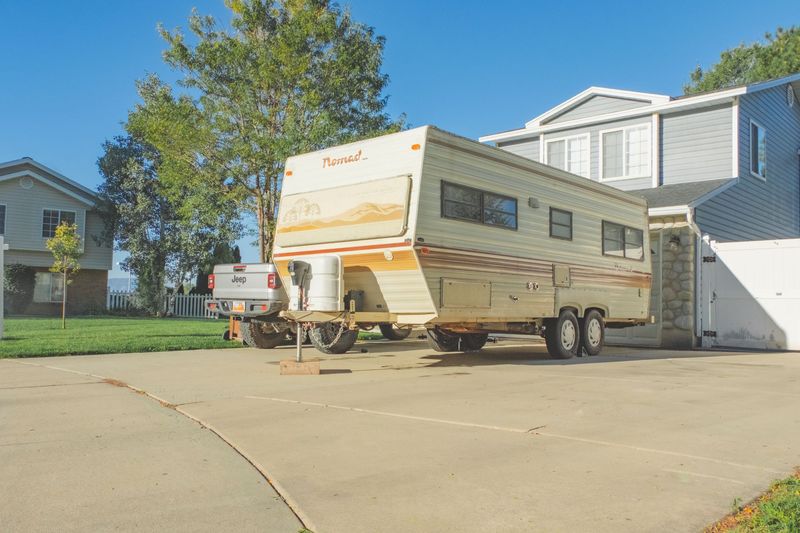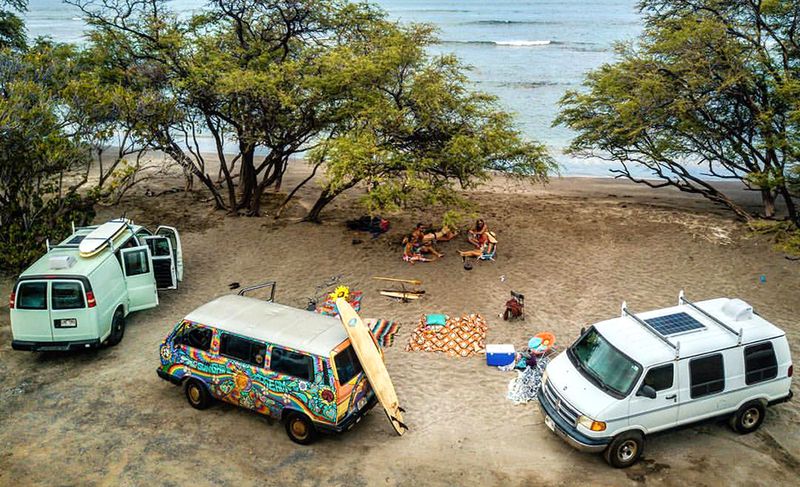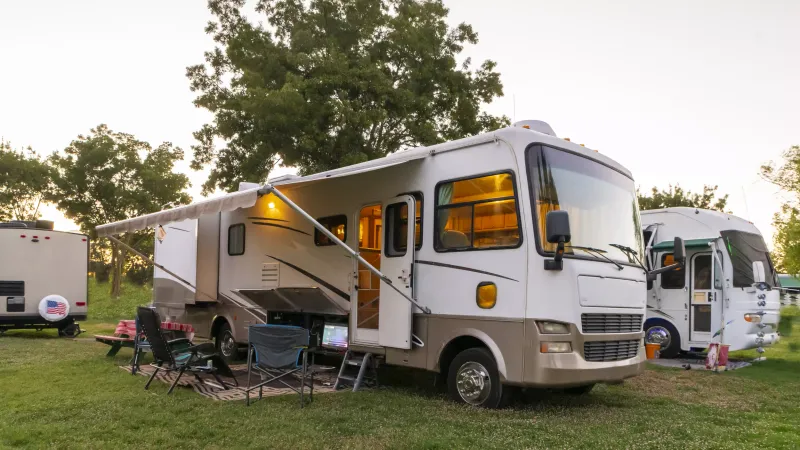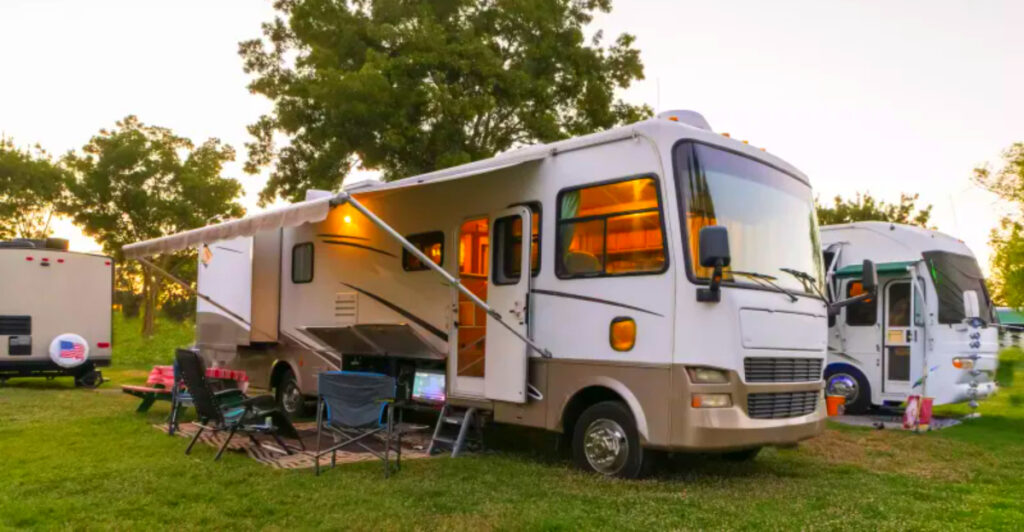Living the RV lifestyle sounds like freedom on wheels, but not every state welcomes full-time RV residents with open arms. Some states have strict laws that make it completely illegal to call your RV home, even on your own property. Understanding these restrictions can save you from hefty fines and legal headaches. Here are four states where your dream of permanent RV living could land you in serious trouble.
1. Delaware – The First State Says No to RV Homes

Delaware treats RVs strictly as temporary vehicles, never as permanent homes. Statewide laws ban full-time RV living anywhere, including private property you might own.
Breaking these rules brings fines up to $100 and removal orders from local authorities. Even wealthy landowners cannot escape these restrictions.
The state’s position remains firm: RVs belong in licensed parks or manufactured home communities, not as backyard residences.
2. Hawaii – Paradise Has Strict RV Rules

Hawaii’s zoning laws refuse to recognize RVs as legitimate dwellings under any circumstances. The island state prohibits permanent RV living outside licensed campgrounds completely.
Land regulations are incredibly tight here, leaving virtually zero legal options for RV residents. Even beach camping has severe limitations and time restrictions.
Parking restrictions add another layer of difficulty, making Hawaii one of the most challenging states for RV enthusiasts seeking permanent residence.
3. Indiana – Recreational Means Temporary Only

Indiana’s state laws classify RVs purely as recreational vehicles, never residential ones. Full-time living in RVs on private land violates state regulations entirely.
Overnight stays might get approval for temporary visits, but permanent residence crosses legal boundaries. Property owners cannot simply decide to house RVs as homes.
The distinction between recreational and residential use remains crystal clear in Indiana’s legal framework, leaving no room for interpretation or exceptions.
4. Michigan – Great Lakes, Tough RV Laws

Michigan defines RVs as temporary-use vehicles exclusively, preventing permanent residential setups. Licensed parks and campgrounds offer the only legal options for extended stays.
Private land cannot accommodate permanent RV living under current state regulations. Even temporary setups face scrutiny from local enforcement.
The state maintains strict separation between recreational vehicles and actual housing, making compliance essential for avoiding legal troubles and potential fines.



